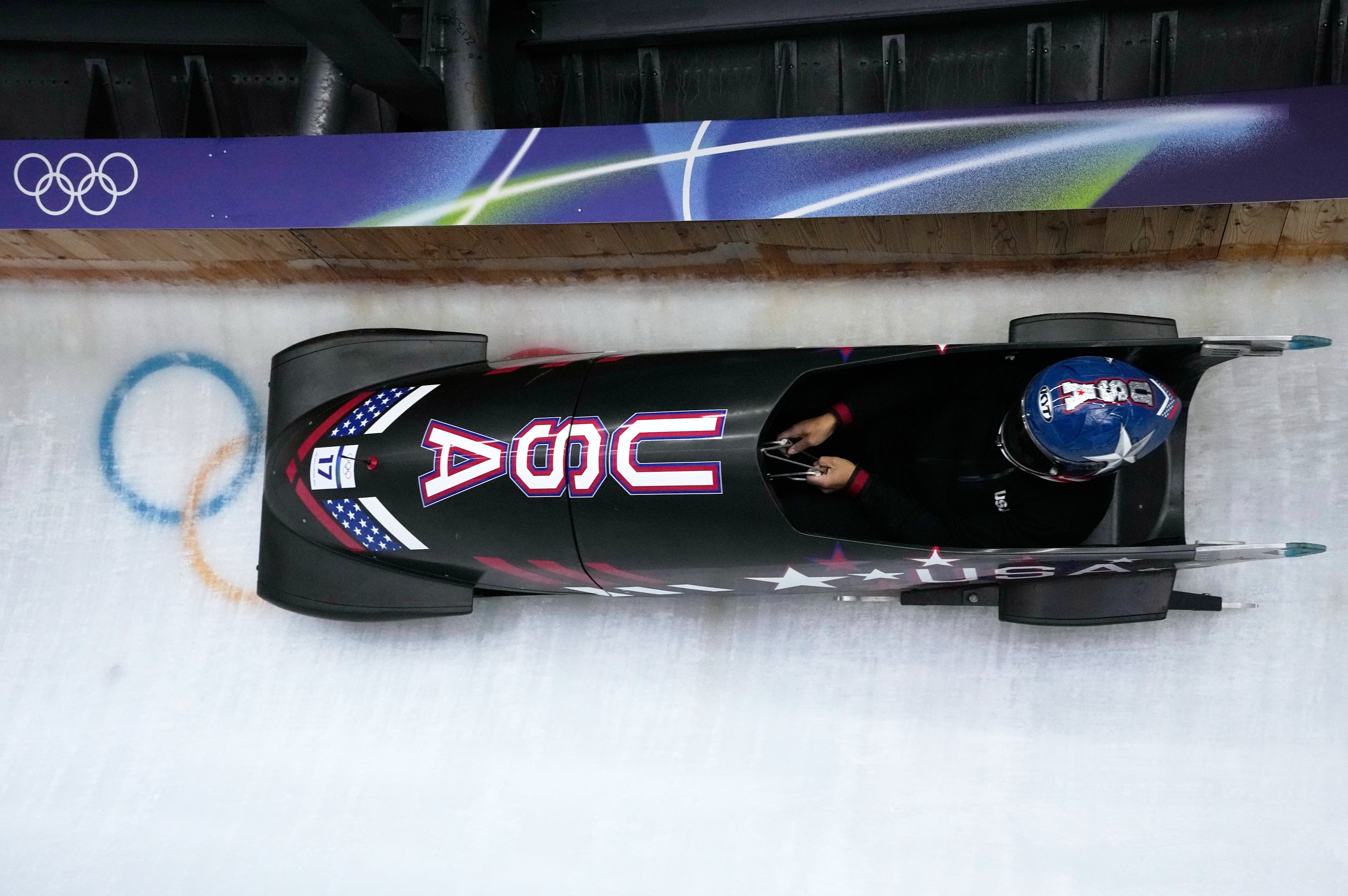Falcons’ makeover should start with Clowney
Since completing the most disappointing season in franchise history, the Falcons have seemingly improved themselves in two ways: They’ve added Mike Tice and Bryan Cox to the coaching staff and Scott Pioli to the front office.
The most difficult work lies ahead: correcting the flaws on a roster that went 4-12 and lost five of six games within the division (lone victory: at home over 4-12 Tampa Bay).
The Falcons’ problems are primarily on the offensive line and in the defensive front seven. They’ll shop for parts in two places: free agency (negotiations can begin March 8, signings March 11) and the draft (May 8-10).
What should they do?
Let’s begin with Jadeveon Clowney.
First question: Should the Falcons trade up to draft Clowney?
Answer: Yes.
Clowney had a relatively poor season (three sacks and 11.5 tackles for loss in 2013, down from 13 sacks and 23.5 tackles for loss in 2012). He complained of injuries or illness, but of greatest concern, he just didn’t seem to care that much. That wasn’t completely unexpected. He was NFL-ready a year ago and didn’t want to risk injury. So, yes, there are questions about Clowney’s character, his “motor” (draftnik-speak). But the upside of the South Carolina defensive end is so high that it’s a mild risk worth taking. He is a difference-maker on defense.
The Falcons would not have to trade a bundle to move from No. 6 to No. 2 (St. Louis) to get Clowney. (I’m convinced a quarterback will go No. 1, either to Houston or the team they trade the pick to.) This isn’t like 2011, when the Falcons moved up to draft Julio Jones. To swap with Cleveland that season, the Falcons had to give up their first- (27th overall), second- and fourth-round picks in 2011, as well as first- and fourth-rounders in 2012 to get Cleveland’s first pick (sixth overall). The cost to move up four spots for Clowney would be considerably less — I’m guessing no more than two second-round picks (and their first). St. Louis also appears to be a willing trade partner (general manager Les Snead used to work for Dimitroff).
Make that move, and the front four suddenly includes Clowney, Jonathan Babineaux and Osi Umenyiora. Pretty good.
Complicating any draft projections, however, is the uncertainty at the top. Usually there’s a consensus for at least the top three picks. But the fact that four of the five teams drafting ahead of the Falcons — Houston, Jacksonville, Cleveland and Oakland — all need quarterbacks has made it difficult to get a feel for what the teams before the Falcons will do. If that leads to the likes of Clowney, Texas A&M offensive tackle Jake Matthews and/or UCLA outside linebacker Anthony Barr getting pushed down, the Falcons would be fine with that. But Clowney likely isn’t falling to sixth.
Second question: Is it better to fix the offensive line in the draft or in free agency?
Answer: Free agency (in the short term).
The Falcons are committed to left tackle Sam Baker, injury problems and shortcomings notwithstanding, because of last season’s contract extension (which included a $10 million signing bonus). Left guard Justin Blalock is solid. The team also appears committed to center/guard Peter Konz, who looked lost as the replacement for the retired Todd McClure. So most of the changes probably will come on the right side.
It’s conceivable that the Falcons will have a shot at Matthews or Auburn’s Greg Robinson, both highly regarded tackles. But the offensive line’s biggest problems this past season stemmed from the fact that two young starters, Konz and tackle Lamar Holmes, both looked overwhelmed.
This group needs a strong veteran presence.
There will be a number of free-agent linemen on the market. All won’t command the dollars of left tackles Branden Albert (Kansas City) and Eugene Monroe (Baltimore) or center Alex Mack (Cleveland), although any of those three would fit in nicely.
Some less expensive options might include: Oakland tackle Jared Veldheer (who returned late last season from a torn tricep); Carolina tackle Jordan Gross (he’s 33, but still playing at a high level); ex-Falcons/current St. Louis guard Harvey Dahl (he’s expected to be a cap casualty; he had some injury problems this season, but brings a nastiness the line needs); Kansas City guard Geoff Schwartz (a free agent).
Third question: Are the Falcons far from being a Super Bowl contender?
Answer: No.
Assuming good health, this is a team with a number of very good to great players: Matt Ryan, Julio Jones, Roddy White, Steven Jackson, Sean Weatherspoon, William Moore, Desmond Trufant, Umenyiora and Babineaux.
If they can fix the lines, they’ll be back in contention. If there is an advantage to this season’s toll of injuries, as Pioli noted recently, it provided insight into players who were thrust into starting roles.
The Falcons don’t need to make a ton of moves. They just need to make the right ones.
More Stories
The Latest


